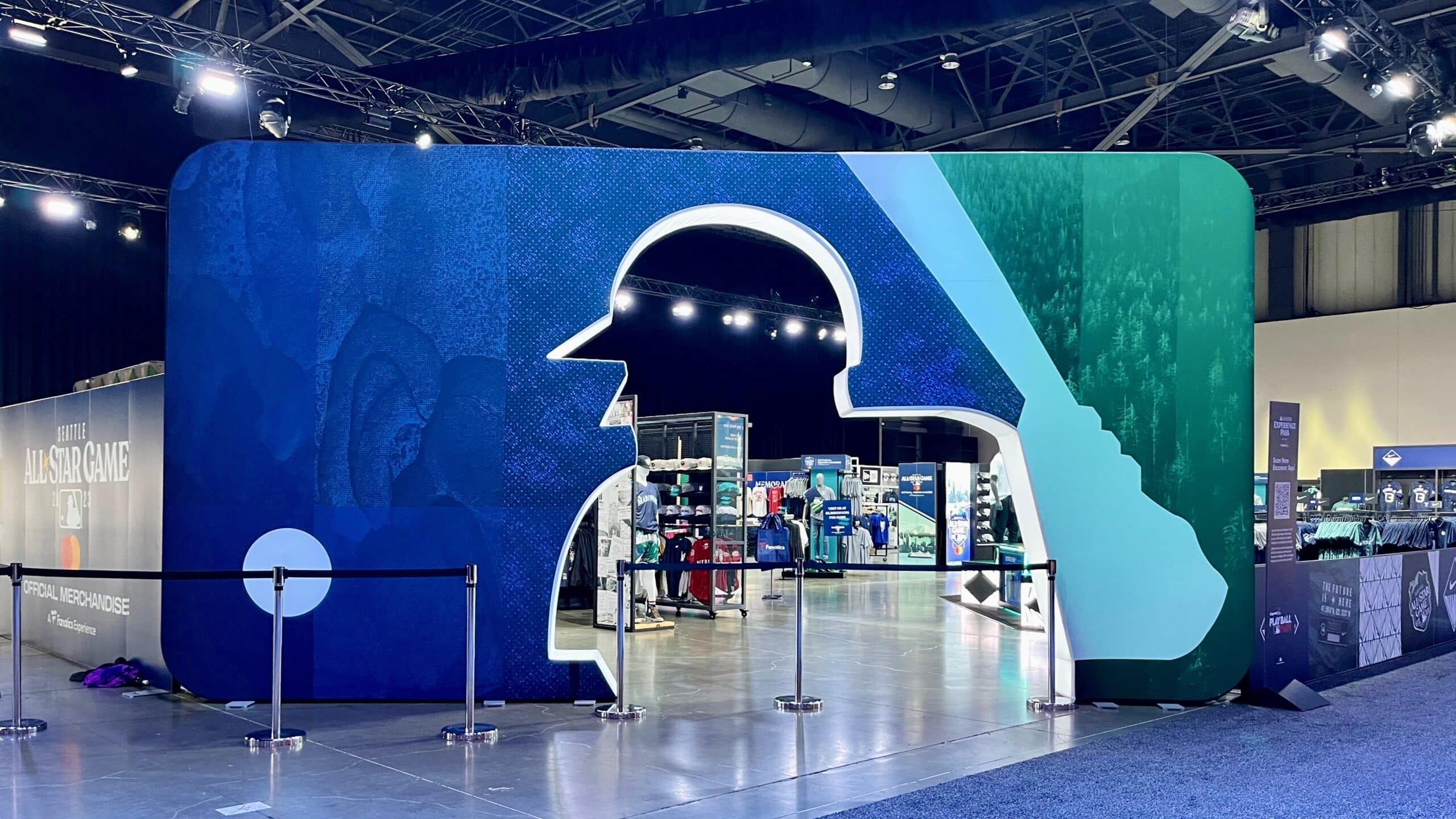Mark Zuckerberg became a centibillionaire last week, joining just two other people in the world worth more than $100 billion: Bill Gates and Jeff Bezos.
The pandemic hasn’t been bad for all businesses.
“The founders of America’s largest technology companies have enjoyed a mind-boggling accumulation of wealth this year as the coronavirus pandemic drives more people online, despite the U.S. economy contracting at its fastest pace on record,” Bloomberg reports. “Zuckerberg has gained about $22 billion this year, while Bezos is up more than $75 billion.”
How nice for them. I have an idea.
Zuckerberg invented Facebook in his dorm room, right? 2004. Harvard University. Kirkland House. Just a guy and his laptop.
Surely he understands that learning and creating and problem-solving and synapse-firing can happen outside of the four walls of a classroom — heck, in any room — if you have the right tools.
Surely he’s aware of the technology gap in America: Around 3 in 10 households with incomes below $30,000 don’t own a smartphone, 44% don’t have home broadband services and 46% don’t own a computer, according to the Pew Research Center. (By comparison, 64% of high-earning households — $100,000 per year or more — have home broadband services, a smartphone, a desktop or laptop computer and a tablet, Pew found.)
Surely he understands the bind in which that puts hundreds of thousands of American school children right now: Forced out of their classrooms by a pandemic. Instructed to connect with their teachers and classmates through devices that are either nonexistent in their homes or shared by multiple parties.
And surely he could spare some of his rapidly accumulating wealth to remedy this situation.
In 2018, the Chan Zuckerberg Initiative — the philanthropic organization founded by Zuckerberg and his wife, physician Priscilla Chan — issued a $14 million grant to Chicago Public Schools and LEAP Innovations to bring “personalized learning” programs into around 100 Chicago schools.
The money was designed to purchase technology and other classroom resources, train teachers and principals in personalized learning techniques and redesign classrooms to accommodate the new methods.
“We’ve been living with an education system that is very one-size-fits-all,” Phyllis Lockett, LEAP Innovations founder and CEO, told me at the time. “We end up losing kids that are a bit behind, and disengaging kids who are showing competence but aren’t able to move on because the rest of their class isn’t there yet.
“When you think about your average CPS classroom,” Lockett continued, “you’ve got one teacher, 25 to 30 students and four levels of proficiency within that classroom — maybe more. We’ve been asking teachers to satisfy every single student’s needs every single day, and that’s impossible.”
A lot of people hated the idea at the time. It struck critics as harmfully and needlessly shifting even more of our kids’ time and attention toward screens. It was fair criticism, and in hindsight, feels luxurious to even have been able to lob it.
Now Chicago Public Schools students will do 100% of their learning through screens, at least through the first quarter of the 2020-21 school year. So will students in major cities and small towns across the United States. Some schools that started the year in-person have already switched to remote learning, at least temporarily.
The 2018 initiative shows Zuckerberg’s interested in dabbling in public education. Now he has the ability, and the means, to step in and solve one of its most pressing crises.
Zuckerberg could, if he wanted to, donate an Internet-enabled device to every American school kid who needs one. He could partner with his fellow centibillionaires if he wanted to spread the cost around a bit. They’ve all profited from Americans being isolated inside, shifting our relationships and transactions and work lives and entertainment online, whenever possible.
Now they could use some of that wealth to keep a generation of students from falling through the educational cracks that COVID-19 has exacerbated.
Hours after CPS announced it was pivoting to remote learning, my phone and social media feeds were filled with good souls looking for ways to get Chromebooks or iPads or some sort of devices to kids who need them. Should we start a GoFundMe? Host an online trivia fundraiser? Hit up computer companies for their castoffs? Find a corporate sponsor?
All fine ideas. All better than nothing — a million times better than nothing. But none of those ideas can close the gap like a centibillionaire (or three) can.
What do you say, Zuck? The country’s in crisis. Kids are paying the price, and the ones who are left behind their peers academically will pay an even steeper, more prolonged one. Here’s your chance to step up and hand kids the tools that can connect them to the world, before the world moves on without them.
———
(Contact Heidi Stevens at [email protected], or on Twitter: @heidistevens13.)
———
©2020 Chicago Tribune
Visit Chicago Tribune at www.chicagotribune.com
Distributed by Tribune Content Agency, LLC.






